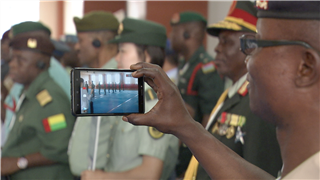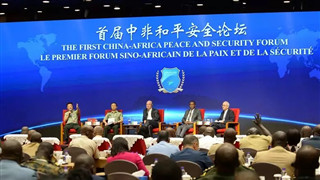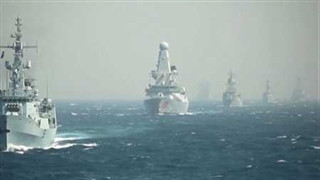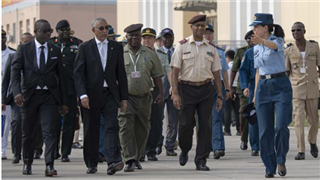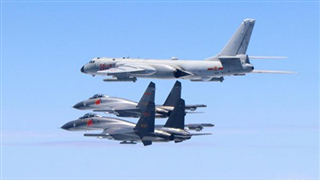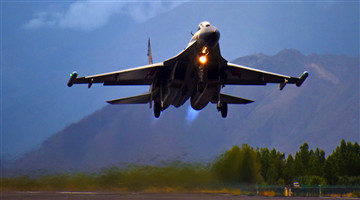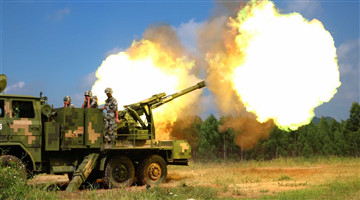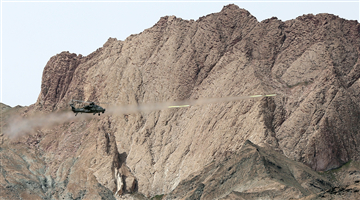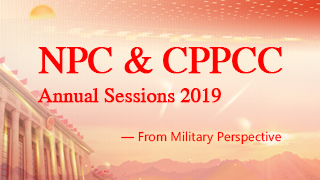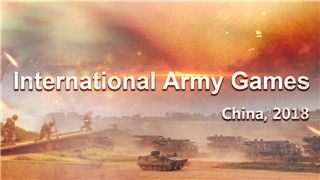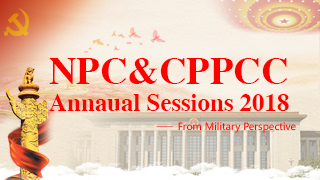By Fang Chen
A car bomb exploded in the eastern Libyan city of Benghazi on July 11, which was reportedly aimed at senior leaders of the Libyan National Army (LNA). Previously the Libyan Government of National Accord (GNA) accused LNA of launching air strikes at a refugee shelter in the east of the capital city Tripoli. The intense confrontation and escalating conflicts between the two opposing forces in Libya have captured close attention in the international community.
Truce is difficult to achieve between the conflicting parties
The UN Security Council issued a statement on July 5 condemning air strikes at a refugee shelter near Libya's capital city Tripoli and calling on relevant parties to quickly mitigate the conflicts and reach a ceasefire. It was the first time that the Security Council passed a statement after the LNA in eastern Libya began to attack Tripoli in early April. At the moment, neither the LNA nor the GNA heeded the Security Council's call for a ceasefire. It is reported that the former is gathering forces in south Tripoli and preparing to launch a massive offensive against Gharyan later, while the latter had just resumed the lost land and would by no means concede. A fierce battle in the militarily strategic town of Gharyan seems inevitable.
Regional powers step in by force
It seems that Turkey is coming out from behind the scene. Russian media reported that Ankara has recently expressed support for the Libyan GNA in public, and would provide it with weapons according to their "military cooperation agreement". Since Egypt, UAE and Saudi Arabia have long declared their support for Khalifa Haftar's military actions, the power struggle between the two factions of Libya is essentially the contention between two forces in the Middle East and Northern Africa each represented by Turkey and Egypt, and the armed conflicts in Libya are likely to become a proxy war. Libya will probably become the next Syria without timely intervention. In the statement of July 5, UN Security Council called on all member states not to engage in the conflict or take any step that may aggravate it, indicating its concerns for more serious humanitarian disasters that may result from a worsening situation.
The attitudes of Russia and the US remain ambiguous
Being of great influence on the Libyan situation, Russia and the US are critical for solving the issue, but their attitudes so far have actually made it more difficult to reach a solution. On April 18, the two countries both opposed a Libyan truce proposal by the UK at a closed-door meeting on Libyan issue held at the UN Security Council, though for different reasons. While Russia opposed the biased action of condemning only Haftar but showing favor to the GNA, the US displayed an obvious on-the-fence attitude by requiring more time to consider the situation. The GNA was recognized and supported by the US. However, instead of supporting it after Haftar attacked Tripoli, the US had phone discussions with the war lord about the necessity of continuing the anti-terrorist efforts to realize peace and stability in Libya. Analysts said that the US had lost confidence in GNA and might turn to pin hopes on Haftar, which implied that Washington would still "wait-and-see" and hadn't decided which side to bet on. No wonder the US side only approved the UN Security Council's July 5 statement with much reluctance after weighing it for a long time. Although Moscow said in public that it endorsed a political resolution of the Libyan issue, it didn't expressly refuse Haftar's request for it to engage in the Libyan situation. Analysts said compared with the GNA that was half-hearted on fighting terrorism, Haftar's pro-secularity, military flair and anti-extremist actions were more to Moscow's satisfaction. But as Haftar turned his focus from counter-terrorism to power struggle and embarrassed him by failing to occupy Tripoli after prolonged attacks, whether he will continue to have Russia's unconditional support is uncertain.
In general, the turbulence in Libya won't quiet down any time soon, and the first unanimous statement by 15 members of the UN Security Council meant the international community has reached a consensus on managing divergences and pushing for a political settlement of the Libyan crisis. However, the process toward a political settlement calls for greater sincerity and more efforts from all parties concerned.
(The article was published on the PLA Daily on 17 July,2019. It is translated from Chinese into English and edited by China Military Online.)
